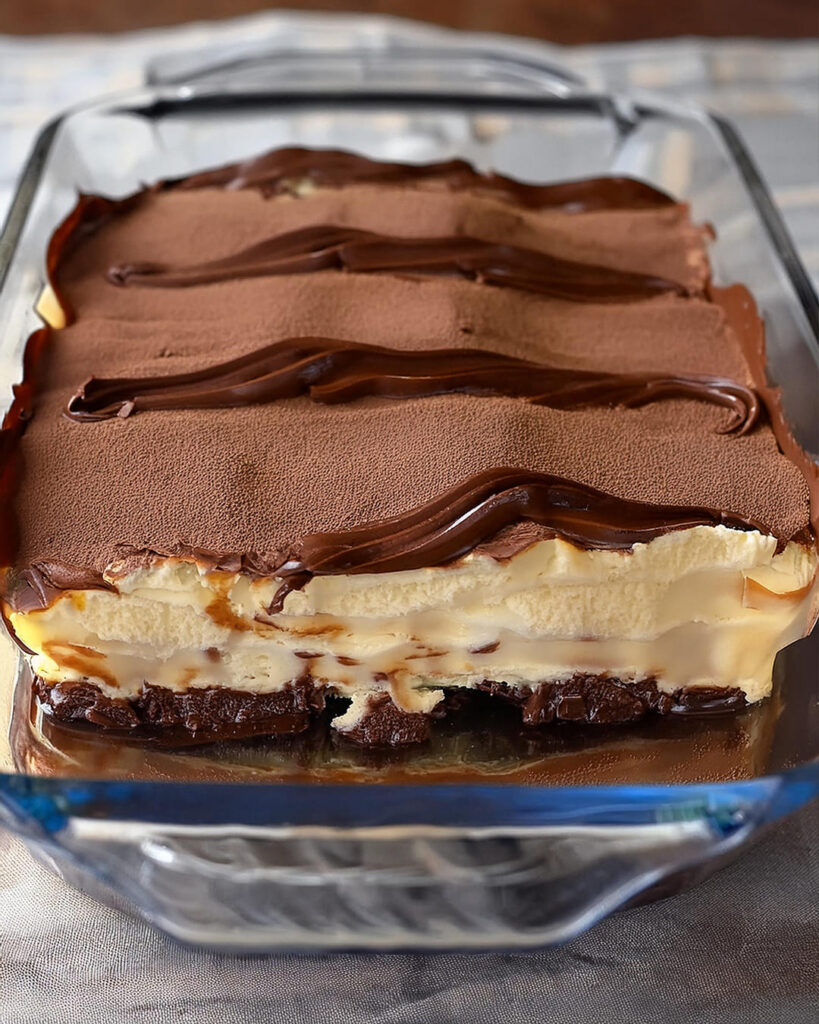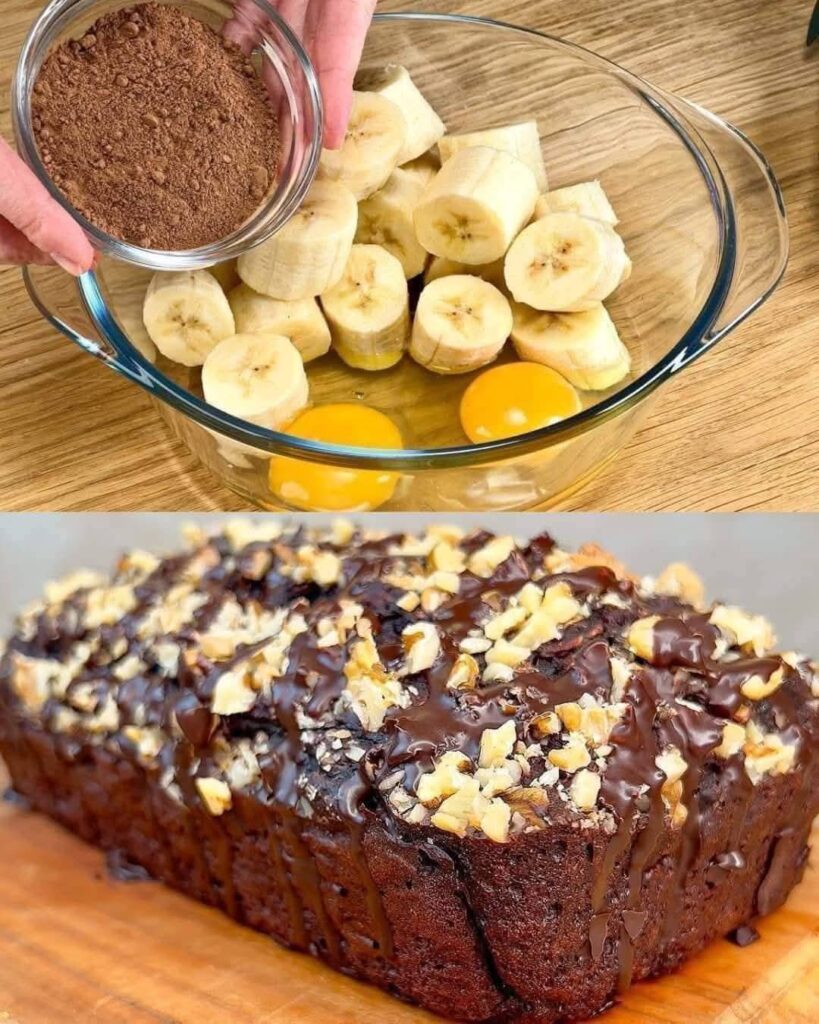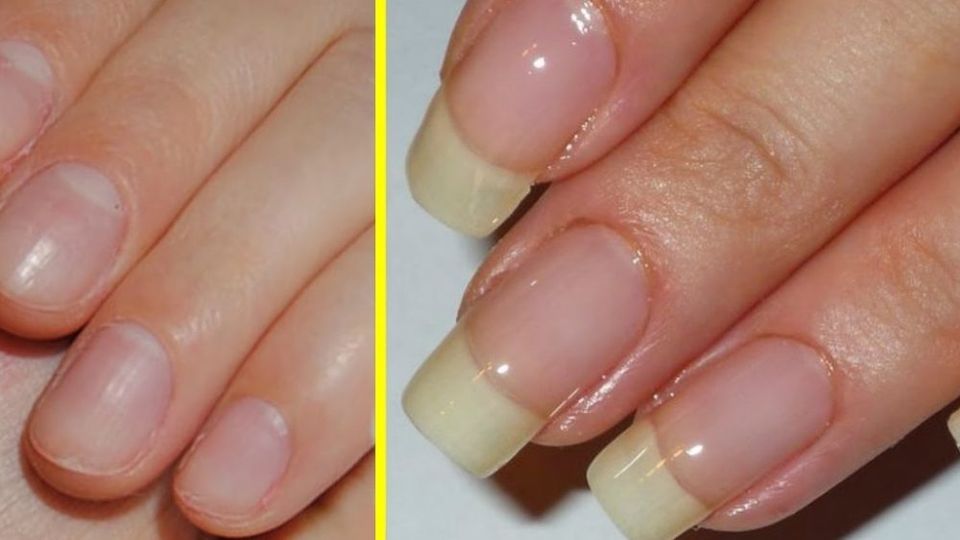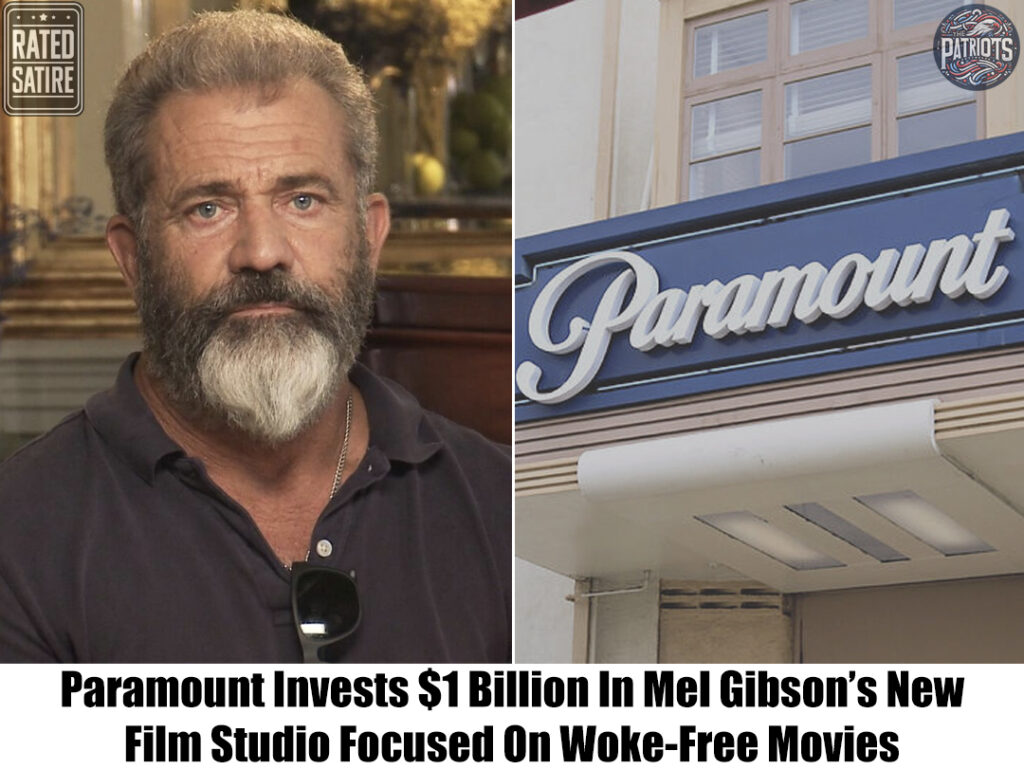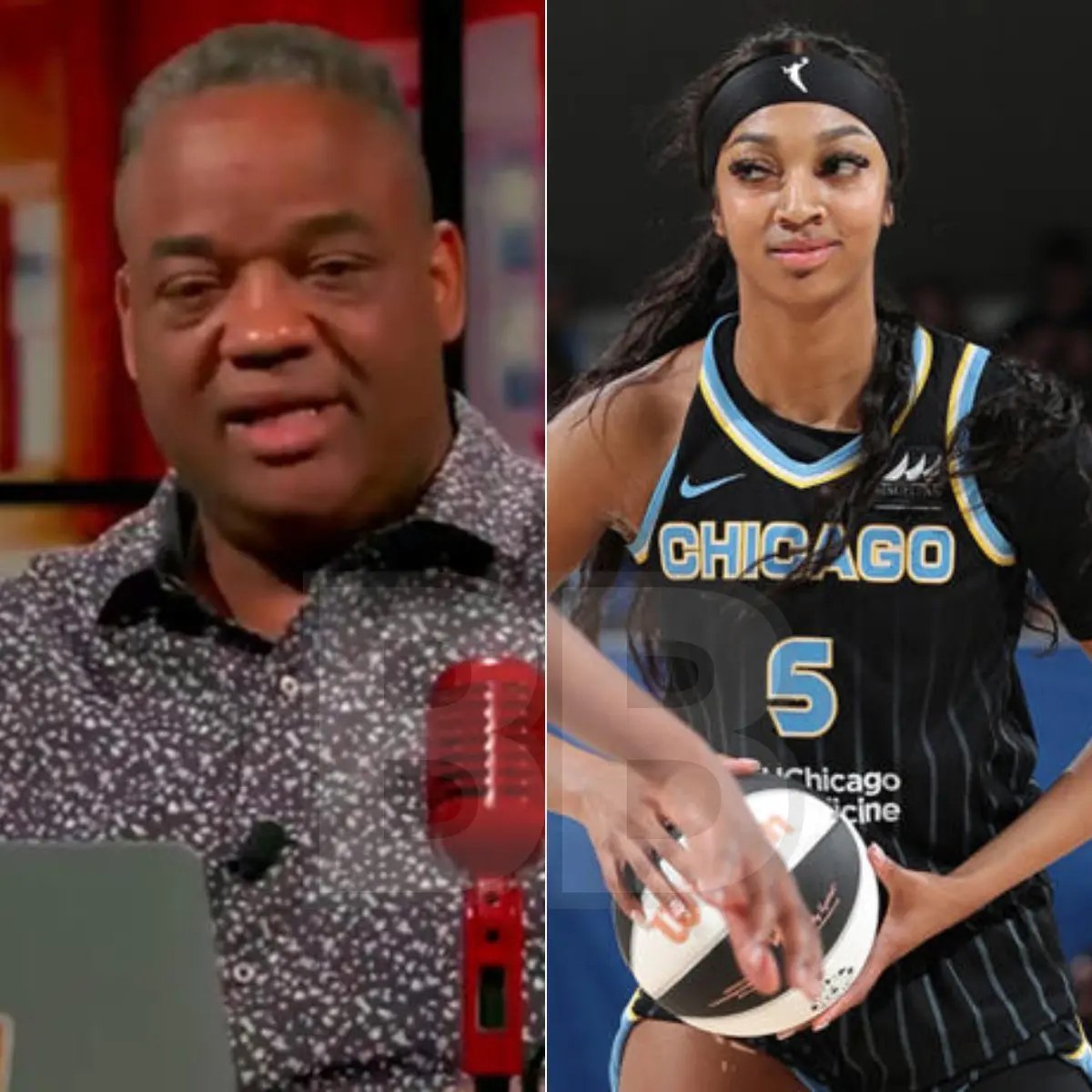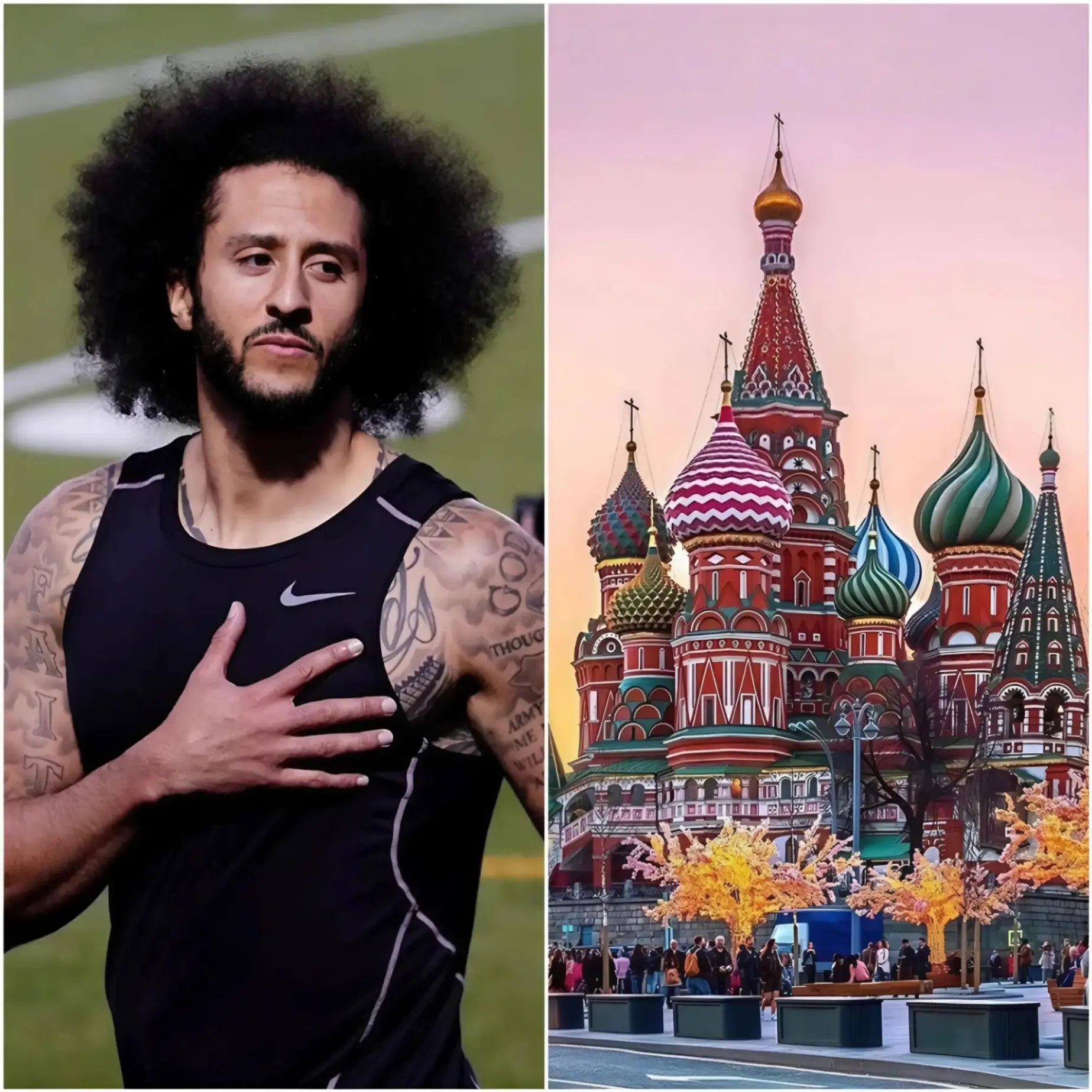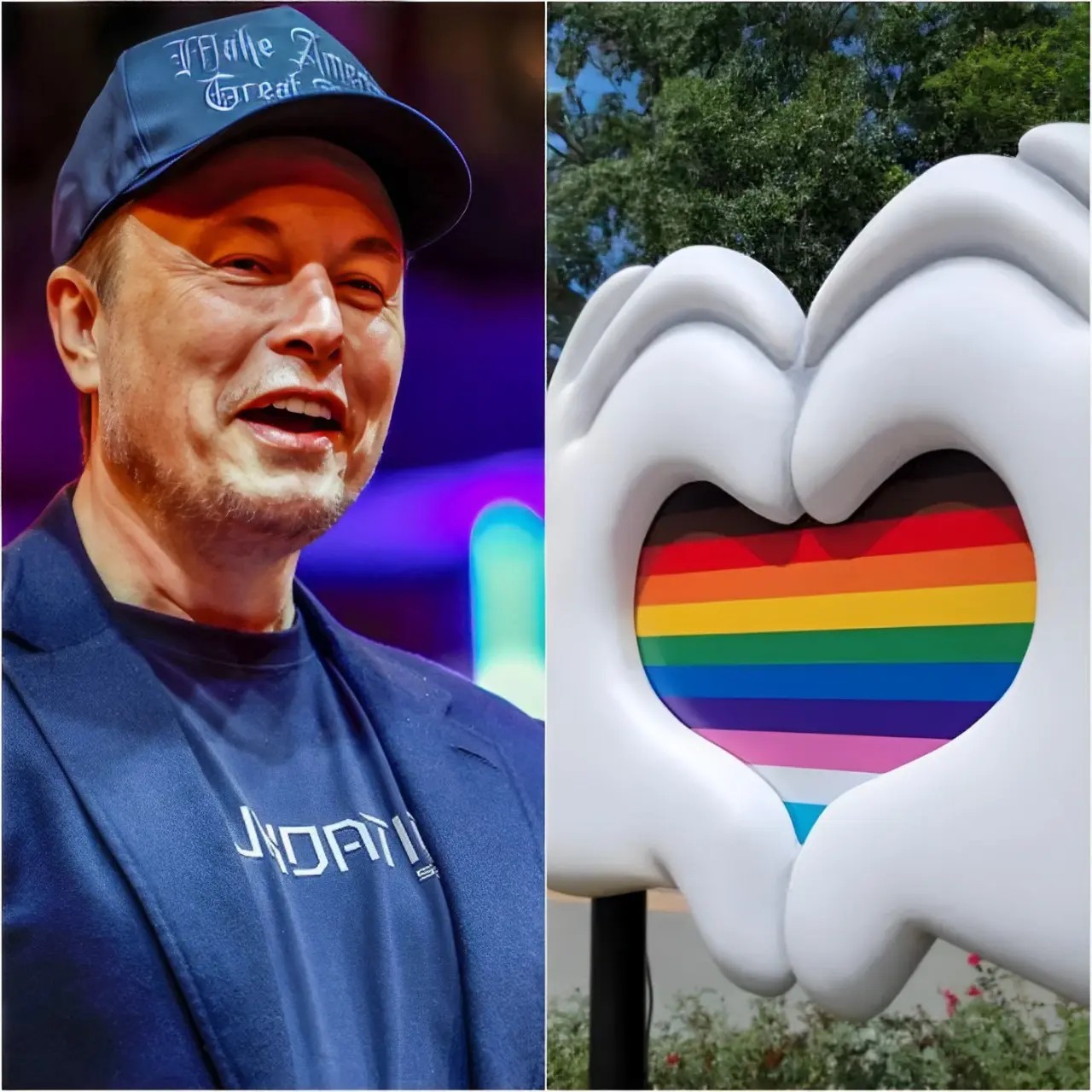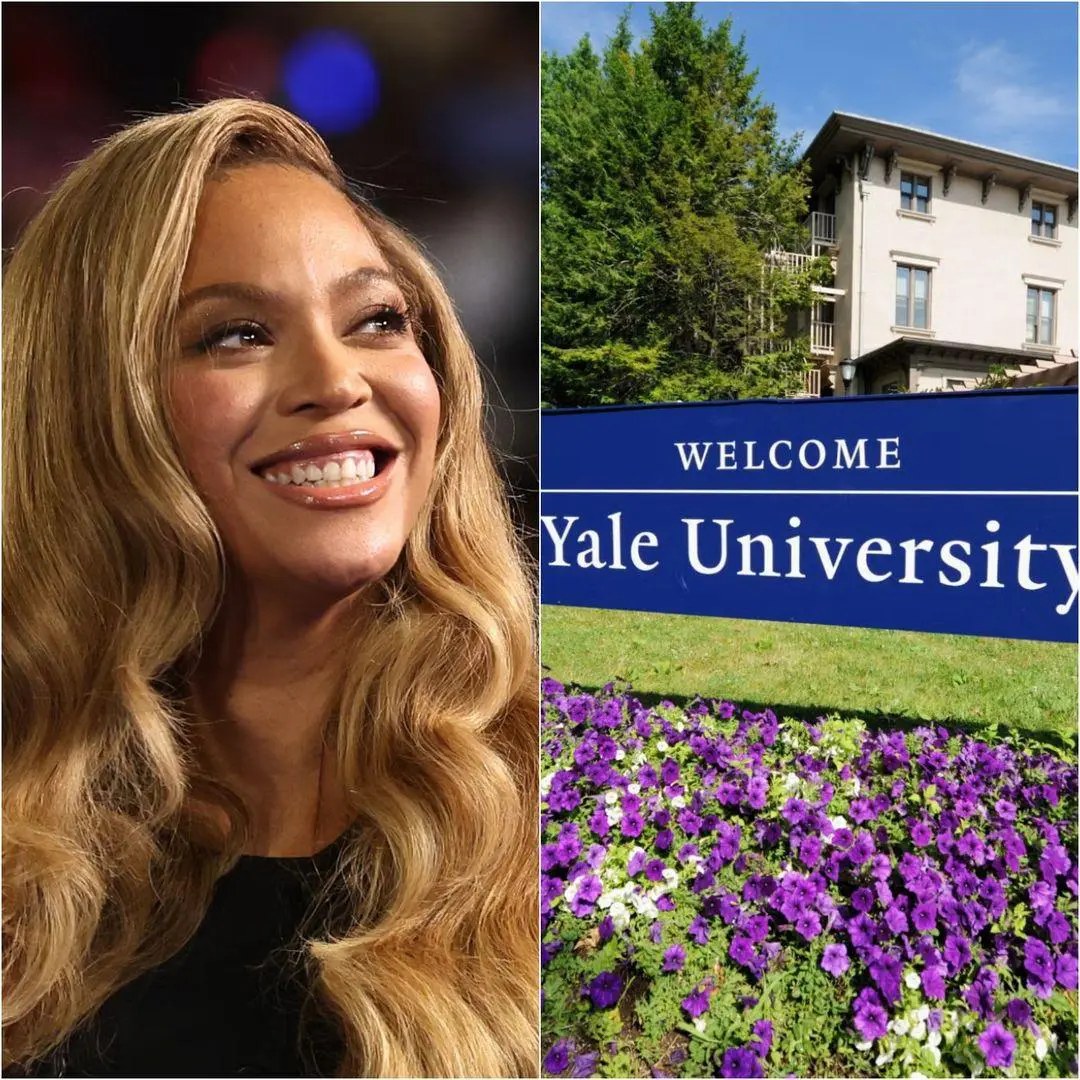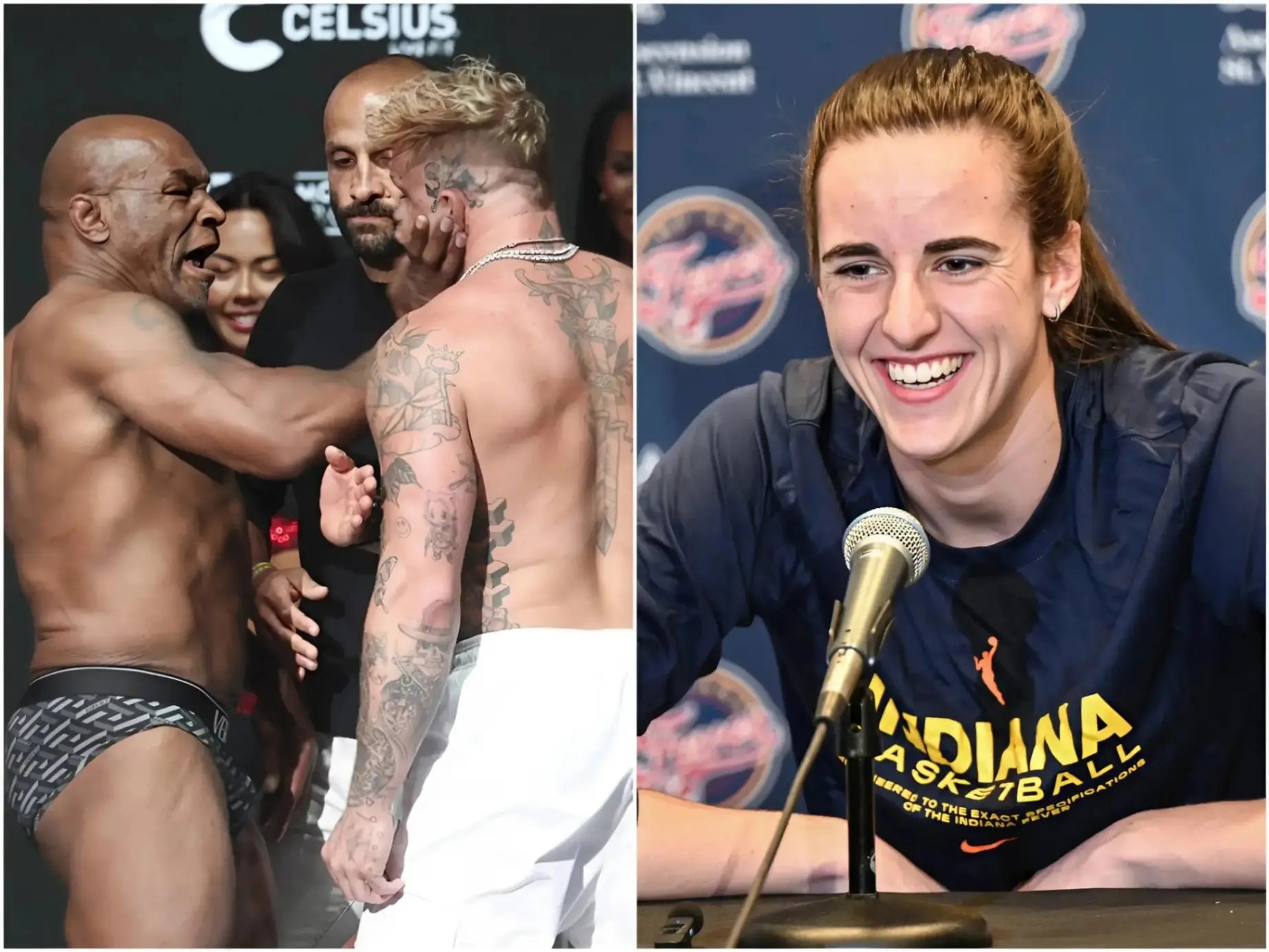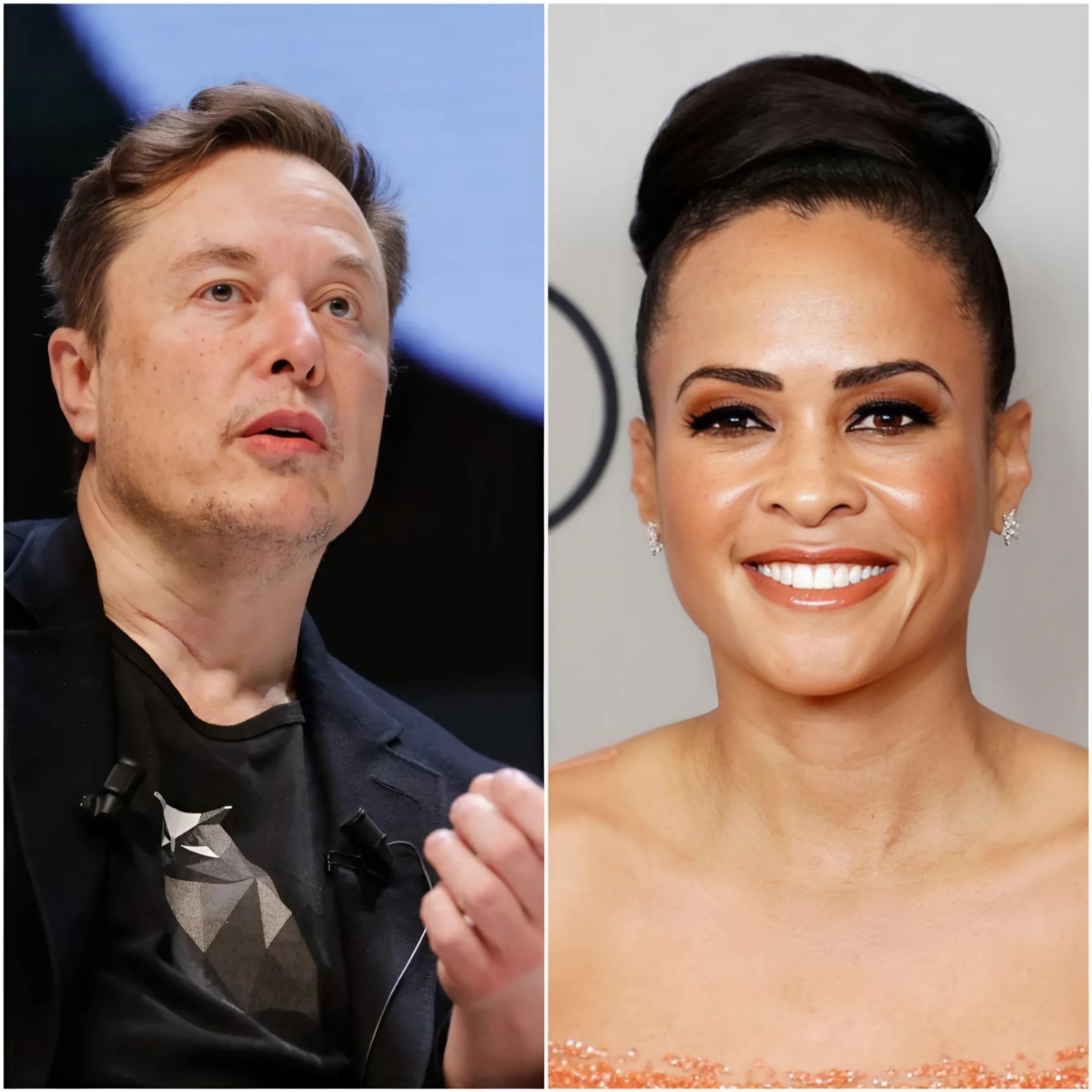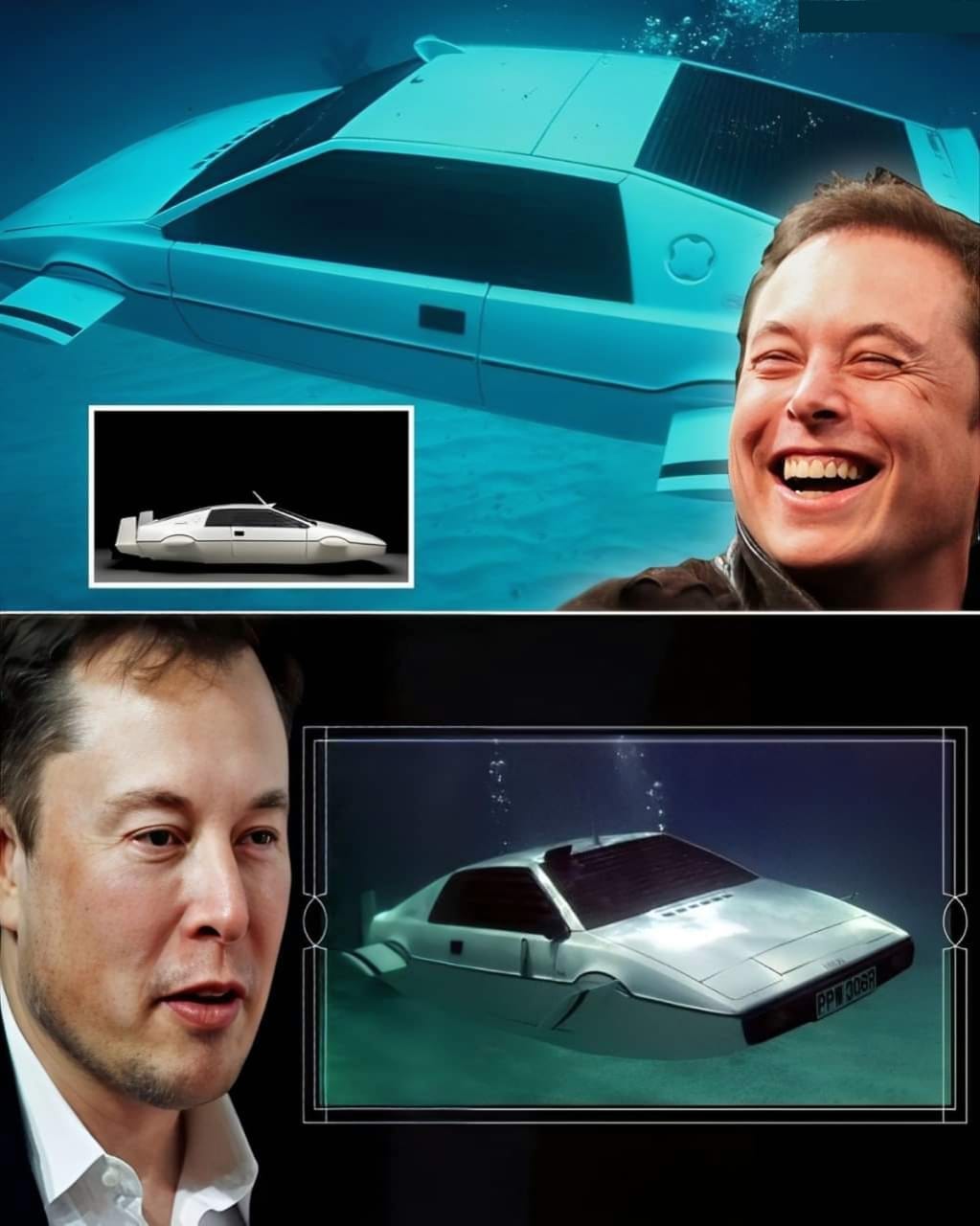Stallone’s rejection is more than a financial decision; it represents a stand against the perceived over-politicization of brands. His statement suggests he is unwilling to associate with a brand prioritizing a social or political agenda over its core identity.
This move also underscores the growing influence of celebrities in shaping public discourse. As public figures with significant followings, celebrities can sway public opinion and consumer behavior. Stallone’s refusal sends a message to both the brand and the public that not all celebrities are willing to support causes they do not fully endorse.
Bud Light’s offer to Stallone was a strategic move to enhance its image and reach a wider audience. However, Stallone’s rejection could impact the brand’s reputation. While some consumers may appreciate Bud Light’s alignment with progressive values, others may see the rejection as evidence that the brand has strayed from its traditional image.
No bake Chocolate Eclair Cake
4 Ingredients Lemon Cream Cheese Dump Cake
No-Bake Chocolate Balls: Simple and Irresistible
PAULA DEEN’S 5-MINUTES FUDGE
Chocolate Banana Oatmeal Dessert
SPINACH ARTICHOKE RAVIOLI BAKE
𝐖𝐎𝐔𝐋𝐃 𝐀𝐍𝐘𝐎𝐍𝐄 𝐇𝐄𝐑𝐄 𝐀𝐂𝐓𝐔𝐀𝐋𝐋𝐘 𝐄𝐀𝐓 𝐁𝐄𝐄𝐅 𝐒𝐓𝐄𝐖
6 Asian Home Hacks to Make Your Nails Grow Faster and Stronger
Breaking: Paramount Awards $1 Billion Project to Mark Wahlberg and Mel Gibson’s Non-Woke Production Studio
